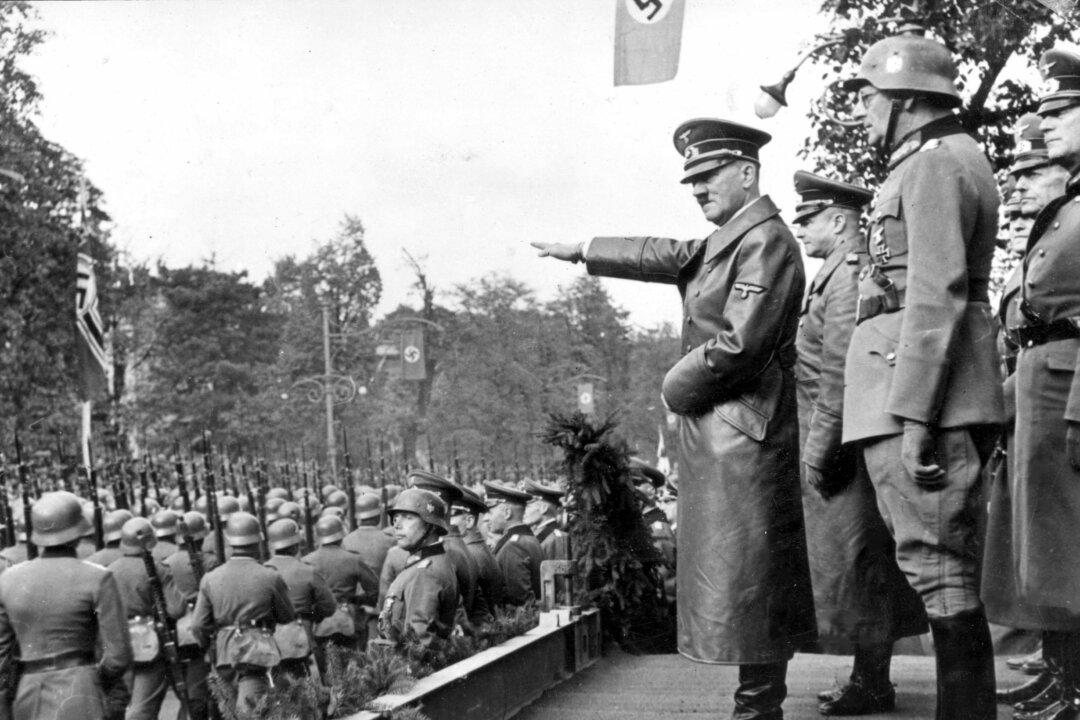OTTAWA—An anniversary celebration conference on the Anti-Personnel Mine Ban Convention, also known as the Ottawa Treaty, garnered high praise for Canada’s stellar role in convincing 122 countries to sign it 20 years ago.
On Dec. 4, landmine activists from around the world gathered in Ottawa to mark the anniversary of the signing ceremony on Dec. 3, 1997.





